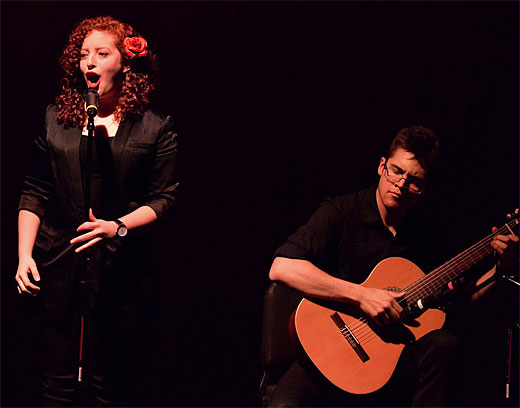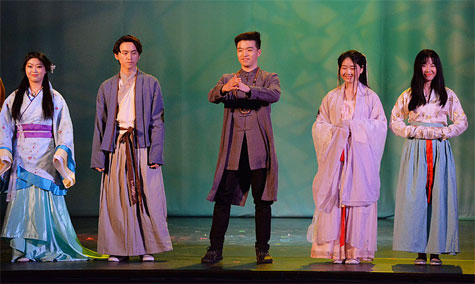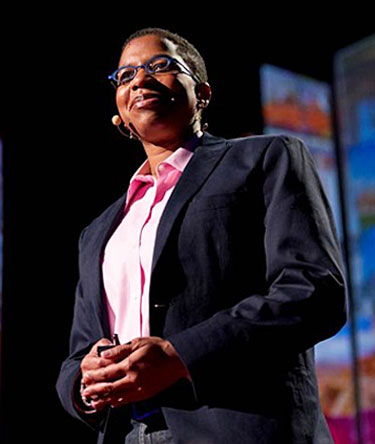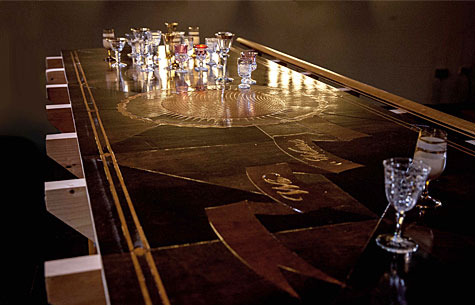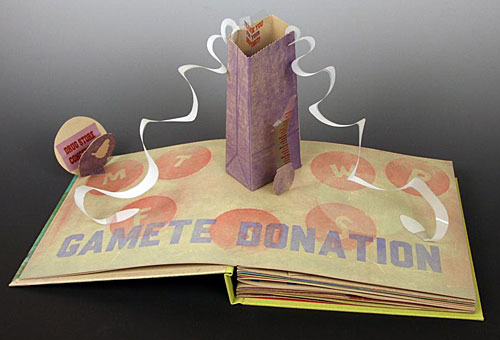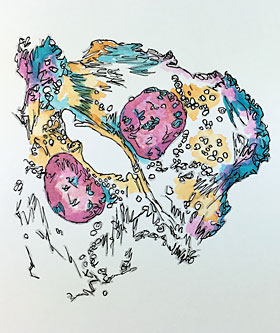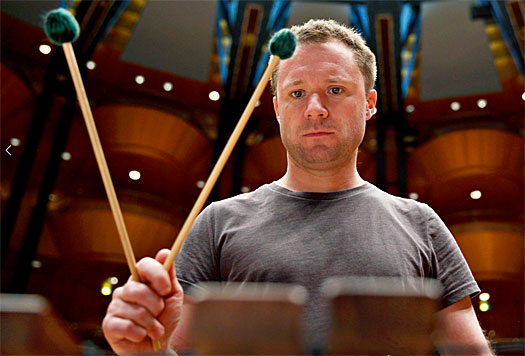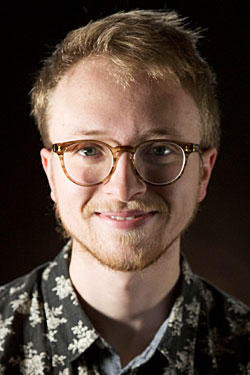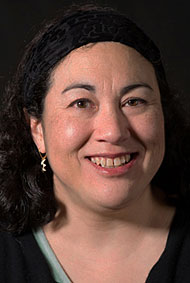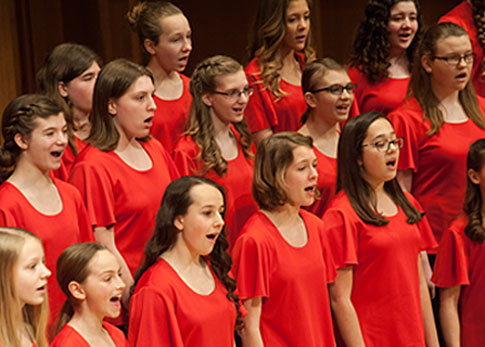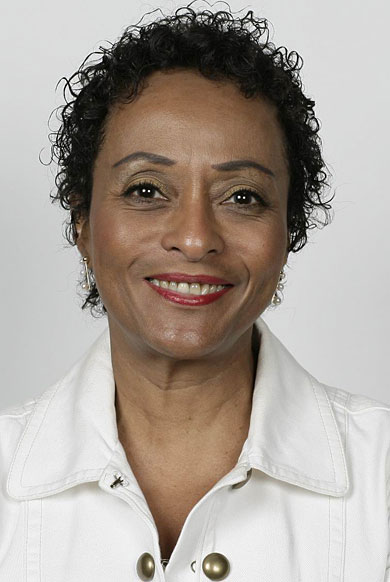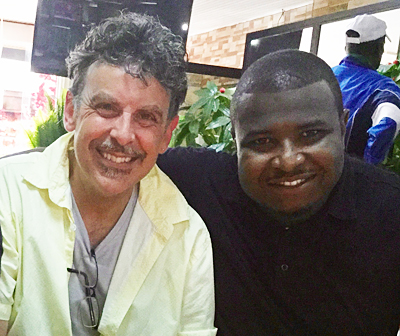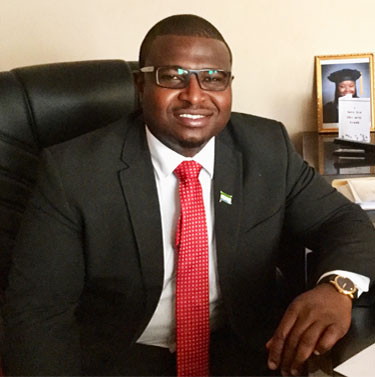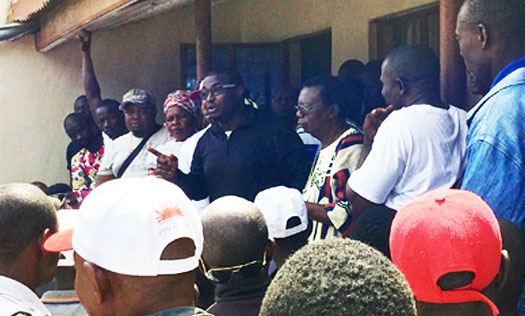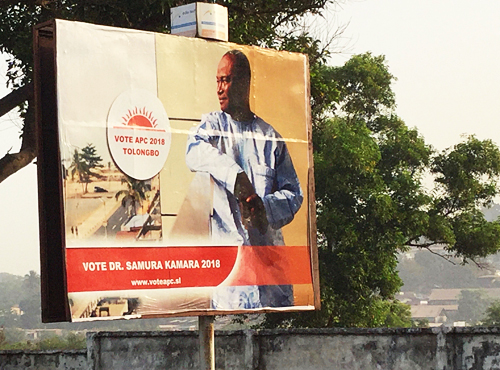Two educators, both of whom graduated from Lawrence University, will be recognized by the Wisconsin Association of Colleges for Teacher Education (WACTE).
Leila Pertl, a performing arts teacher at Appleton Public Montessori has been named one of the 2018 winners of WACTE’s Pre-Service Educator Mentor Award. Tierney Duffy, a K-8 Spanish teacher at Murray Language Academy in the Chicago School District is the recipient of an Early Career Educator Award.
Both will be be honored at an awards ceremony April 8 in Madison as well as on Sunday, May 6 at the home of Lawrence University President Mark Burstein.
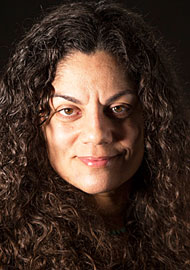
Pertl and Duffy were selected for the awards by faculty of Lawrence’s college and conservatory teacher education program. Each Wisconsin college or university that belongs to WACTE was invited to select a recipient for each award.
The Mentor Award recognizes an outstanding educator who has demonstrated a sustained pattern of mentoring pre-service educators for at least five years.
A 1987 Lawrence graduate, Pertl has enjoyed a teaching career spanning more than 30 years in several states, including the past five at at Appleton Public Montessori. In her current position, she has been instrumental in helping Lawrence conservatory students decide whether to pursue a career as a music educator.
Stewart Purkey, Bee Connell Mielke Professor of Education and associate professor of education at Lawrence, praised Pertl for her mantra: music is a birthright.
“That has become the conservatory’s unofficial motto and should be the nation’s,” said Purkey. “Leila’s energy and passion for teaching is electrifying and her bold, creative approach is contagious.
“All the students she has shepherded into the teaching profession would agree with a recent graduate who said Leila ‘was the catalyst that made me believe in the power and positive change that music teaching can do,’” Purkey added. “We’re honored to recognize her with this year’s Pre-Service Educator Award.”
In addition to her work at Appleton Montessori, Pertl teaches harp at the Lawrence Academy of Music and has served as the music education curator of Mile of Music since the festival was launched in 2013.
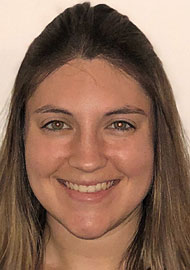
The Early Career Educator Award honors outstanding educators within the first three years of their professional career.
Duffy, a 2016 Lawrence graduate with a major in Spanish, also coaches softball and cheerleading and advises the student council at Murray Language Academy, where she began her teaching career last fall.
Purkey described Duffy as a “caring, welcoming and encouraging teacher.”
“Tierney demonstrates respect for her students by challenging them academically as she responds to their lives and needs and nurtures their growth as people,” said Purkey.
He noted Civil Rights activist and educator Mary McLeod Bethune once famously said, “Our children must never lose their zeal for building a better world.”
“To that I would add, nor must our teachers,” added Purkey. “Because we believe Tierney is such a teacher, we are honored to name her the recipient of the Early Career Educator Award.”
About Lawrence University
Founded in 1847, Lawrence University uniquely integrates a college of liberal arts and sciences with a nationally recognized conservatory of music, both devoted exclusively to undergraduate education. It was selected for inclusion in the book “Colleges That Change Lives: 40 Schools That Will Change the Way You Think About College.” Engaged learning, the development of multiple interests and community outreach are central to the Lawrence experience. Lawrence draws its 1,500 students from nearly every state and more than 50 countries.
